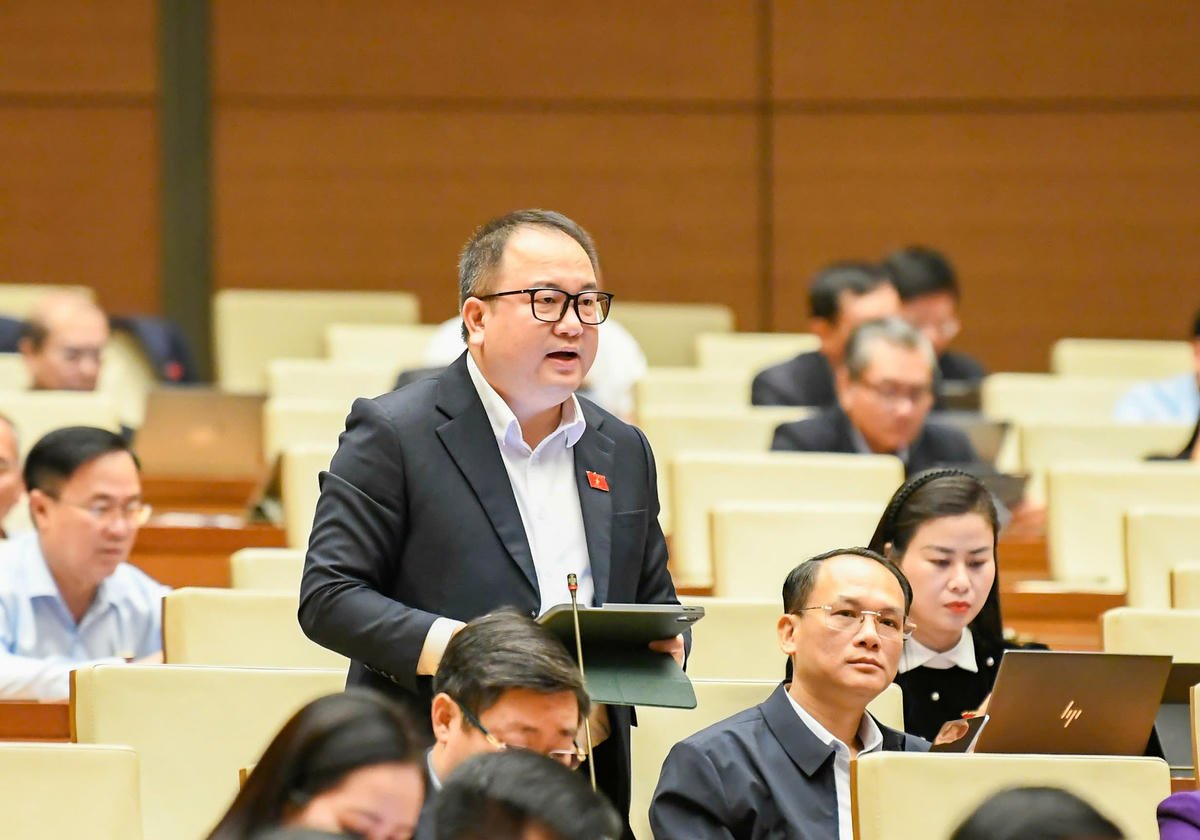
Grandfather Pham Trong Meaning, now now can be divided into three groups of views. Specifically, the cautious view does not recognize intellectual property rights without a "human element" or "human-made". Accordingly, "human authorship" is a mandatory condition for establishing intellectual property rights. This view holds that simply entering commands into AI to create a work is not enough to constitute copyright. At the same time, products automatically created by AI are not eligible for patents because AI cannot be the "inventor".
The second is the conditional protection view. Accordingly, product protection is conditional when there is significant human intervention. When a product created by AI has significant human creative intervention, it needs to be protected and the protection is limited to the parts that are directly created by humans or significantly modified after the AI is created.
Third is the free development view. Accordingly, products created by AI are recognized. AI users are considered default authors, unless otherwise agreed. In particular, there is a view that when AI creates a work without direct human intervention, the AI must be recognized as an “electronic author” and the rights will belong to the AI owner.
According to Mr. Nghia, the failure to recognize intellectual property rights for AI products is often argued that intellectual property rights are a tool to protect human creative values, the creative value of human intellectual labor; recognizing intellectual property rights for products created by machines will create injustice for authors who use their own intelligence to create real works. In addition, this opinion is concerned that if recognized, AI may compete for jobs. Because AI can create high-quality works at high speed and at almost zero cost, businesses will no longer need to hire people, leading to unemployment or reduced labor value.
On the other hand, recognizing intellectual property rights for AI-created products will contribute to promoting innovation. If AI-created products are not protected, they will be easily copied; thereby, reducing the motivation for individual creativity and reducing the need for business investment. For developing countries like Vietnam, attracting capital and technology investment in AI is very important. In addition, to promote Vietnamese intelligence, there needs to be a legal basis to protect intellectual property rights for products created by Vietnamese AI. This is also an important premise to bring Vietnamese AI to the world , reducing dependence on global technology corporations (Big Tech). On the other hand, identifying intellectual property owners also helps to bind the responsibility for compensation for damages more clearly, more fairly and reduce litigation.
“Resolution 57 of the Politburo requires making institutions a competitive advantage in developing science, technology, innovation and digital transformation. Therefore, it is recommended to recognize intellectual property rights for works created by AI and apply a conditional protection model. At the same time, it is emphasized that the principle of human creativity is the core factor. Clearly identify that AI is not the subject of rights, but the subject of rights is humans, the final person to use and operate AI, unless there is an agreement with another person,” Mr. Nghia said, adding that this approach does not deny the role of AI but still maintains the requirements of product originality and creation of human
From those analyses, Mr. Nghia proposed to consider adding to Article 7 of the current Law and related Articles the following contents: Regulations, works, products by the system artificial intelligence creation is only protected by intellectual property rights when there is significant human creative involvement in the process of creating, editing or directing content. Regulations on ownership, exploitation and legal responsibility for products by artificial intelligence creation belongs to the organization or individual who directly trains and operates it. At the same time, it is assigned to the Government. specify the above contents.
On that basis, according to Mr. Nghia, an assessment and summary will be conducted to have a separate section or chapter related to AI when comprehensively amending the Intellectual Property Law, meeting the development requirements of science and technology. If necessary, corresponding provisions will be added to the draft Law on Artificial Intelligence, which will also be submitted to the National Assembly at this Session.
Source: https://daidoanket.vn/de-xuat-bao-ho-so-huu-tri-tue-doi-voi-cac-san-pham-do-ai-viet-tao-ra.html



![[Photo] Prime Minister Pham Minh Chinh attends the patriotic emulation congress of the banking sector](/_next/image?url=https%3A%2F%2Fvphoto.vietnam.vn%2Fthumb%2F1200x675%2Fvietnam%2Fresource%2FIMAGE%2F2025%2F11%2F24%2F1763981997729_tt-nhnn-jpg.webp&w=3840&q=75)
![[Photo] National Assembly Chairman Tran Thanh Man receives a business delegation from the Europe-ASEAN Business Council](/_next/image?url=https%3A%2F%2Fvphoto.vietnam.vn%2Fthumb%2F1200x675%2Fvietnam%2Fresource%2FIMAGE%2F2025%2F11%2F24%2F1763989198212_ndo_br_bnd-7394-jpg.webp&w=3840&q=75)



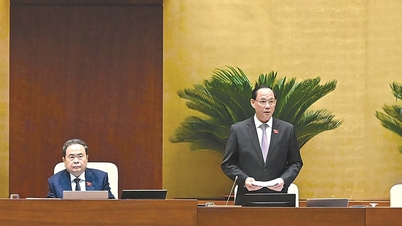

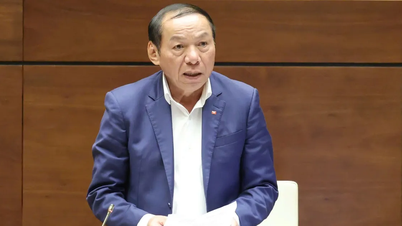

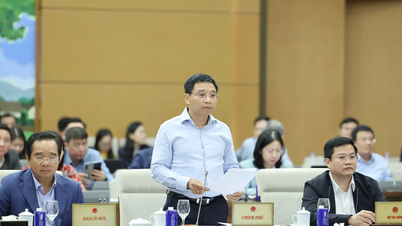
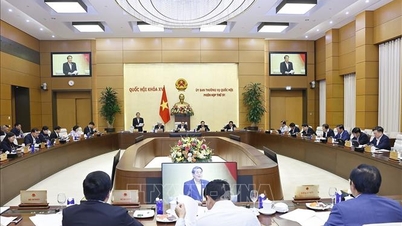

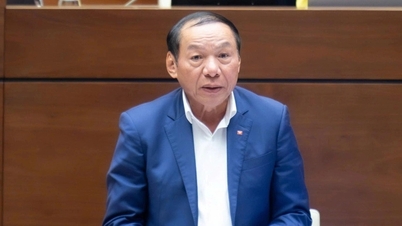

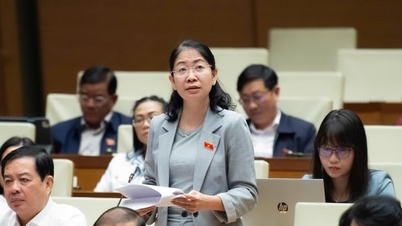

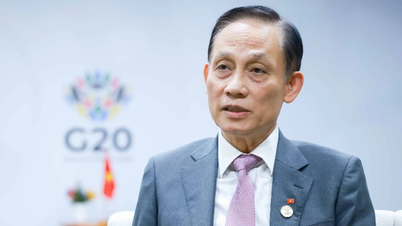

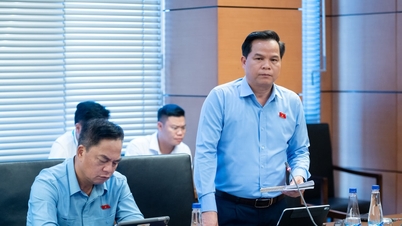
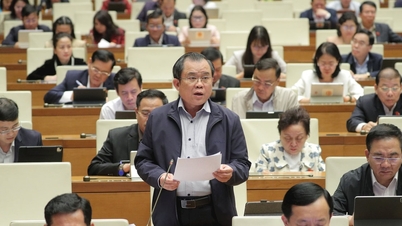
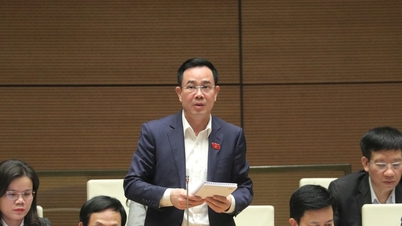
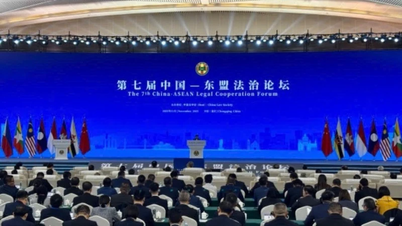
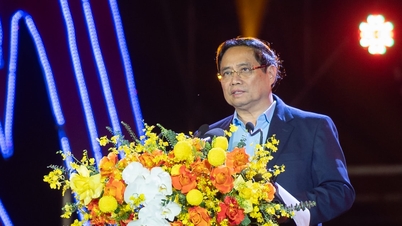




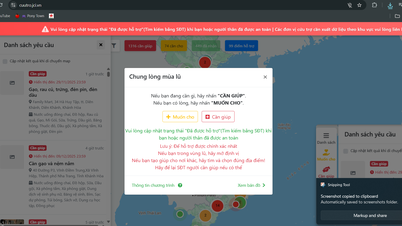
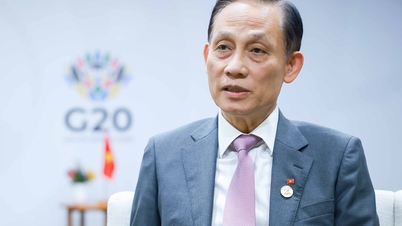
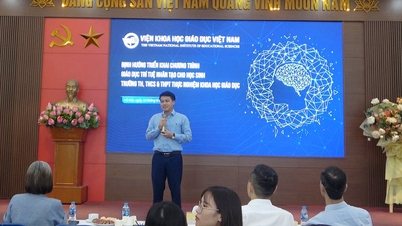
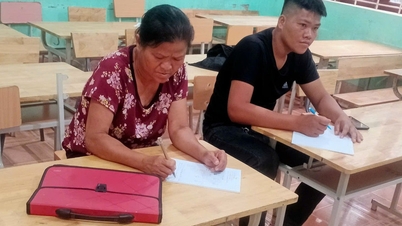
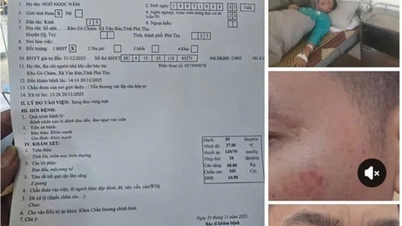
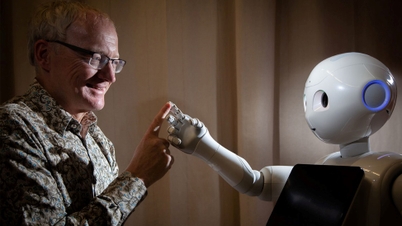


![[Photo] Next to the "mountain of trash" after the flood, Tuy Hoa residents strive to rebuild their lives](/_next/image?url=https%3A%2F%2Fvphoto.vietnam.vn%2Fthumb%2F1200x675%2Fvietnam%2Fresource%2FIMAGE%2F2025%2F11%2F24%2F1763951389752_image-1-jpg.webp&w=3840&q=75)


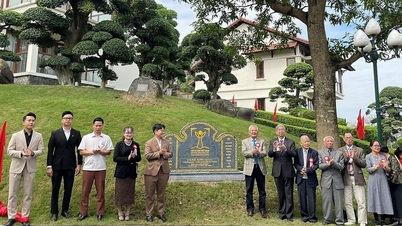

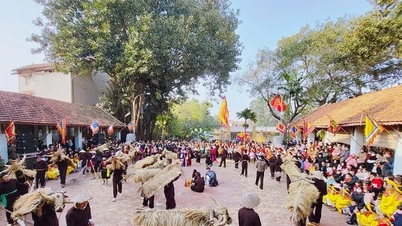

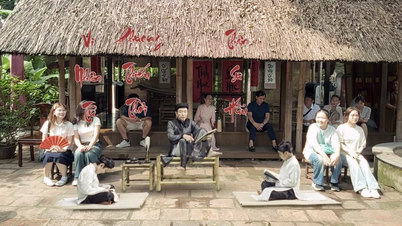
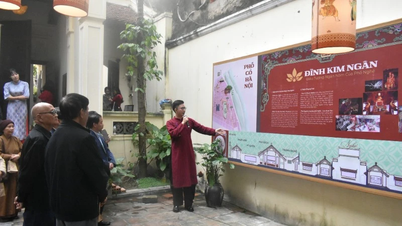








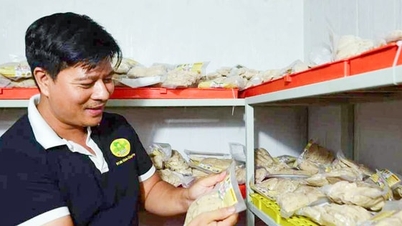




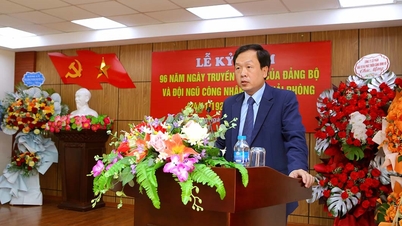

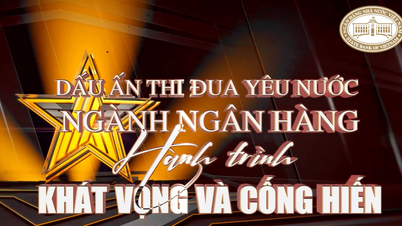
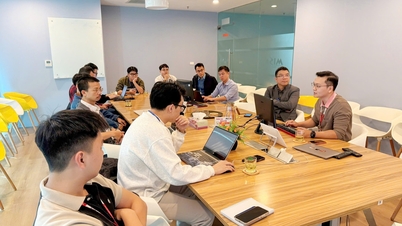

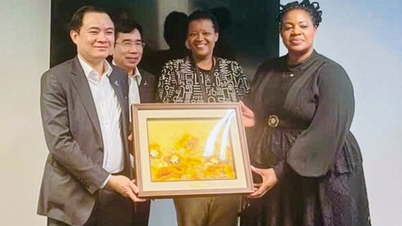
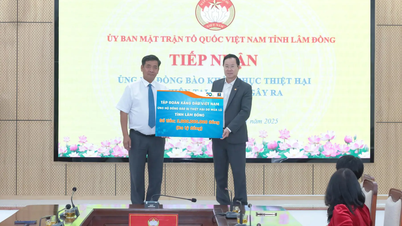






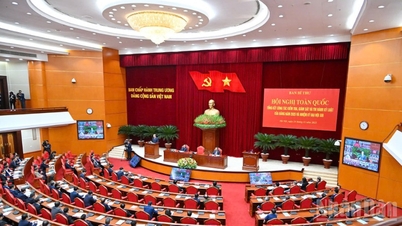

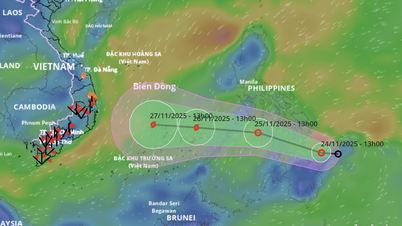

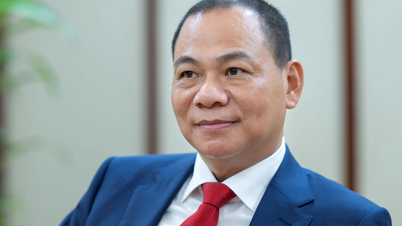
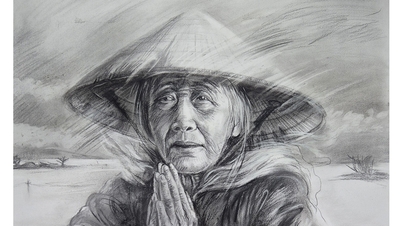
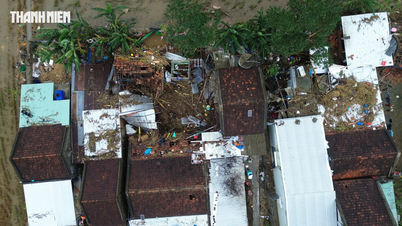
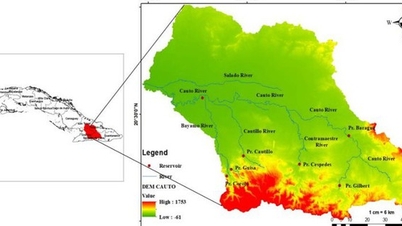

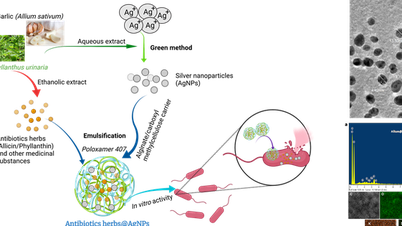



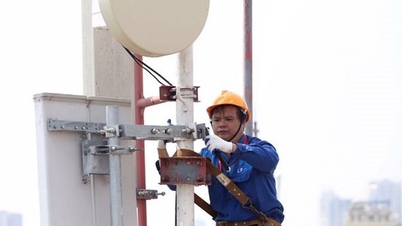
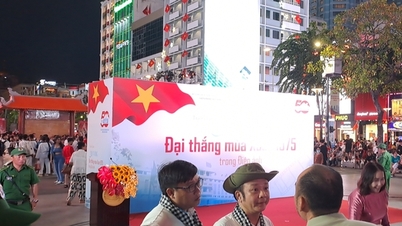

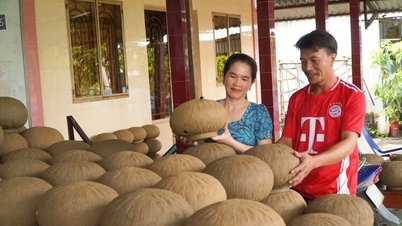

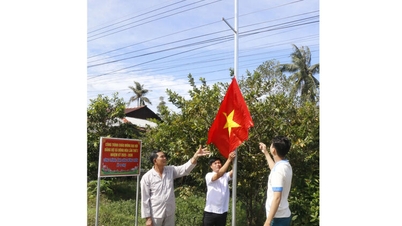
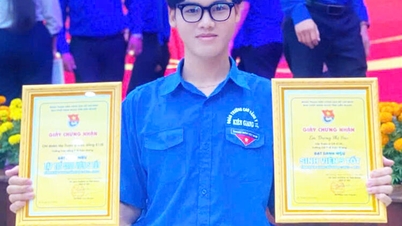
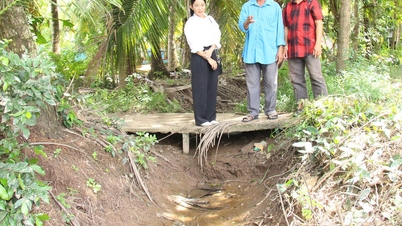












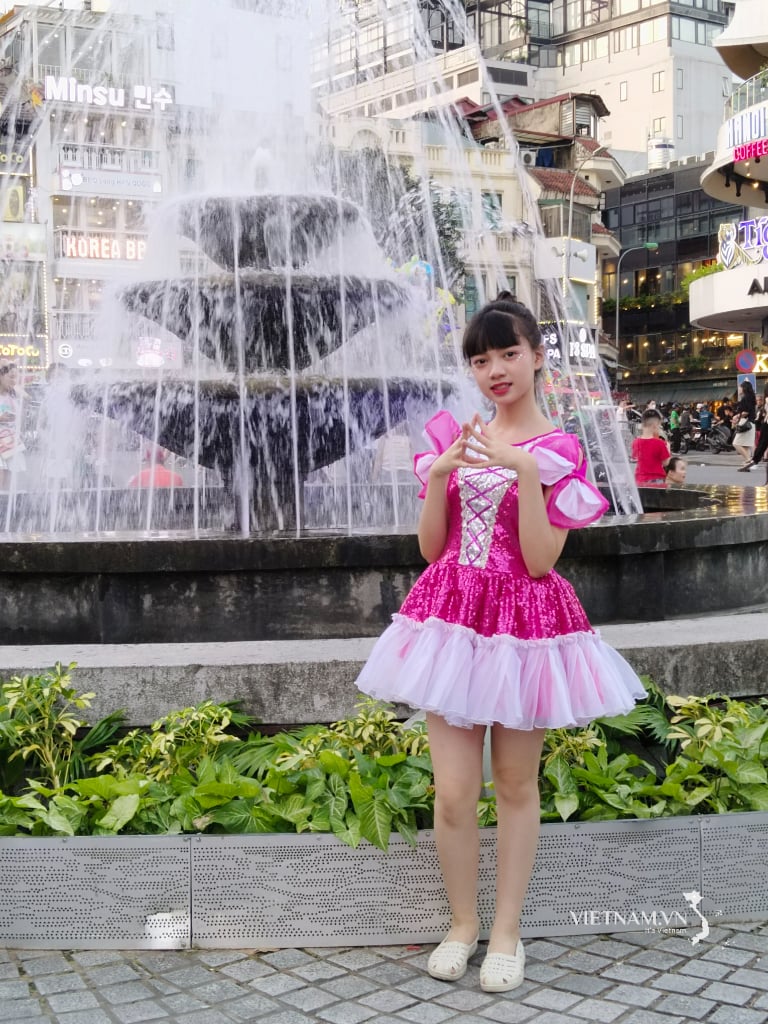
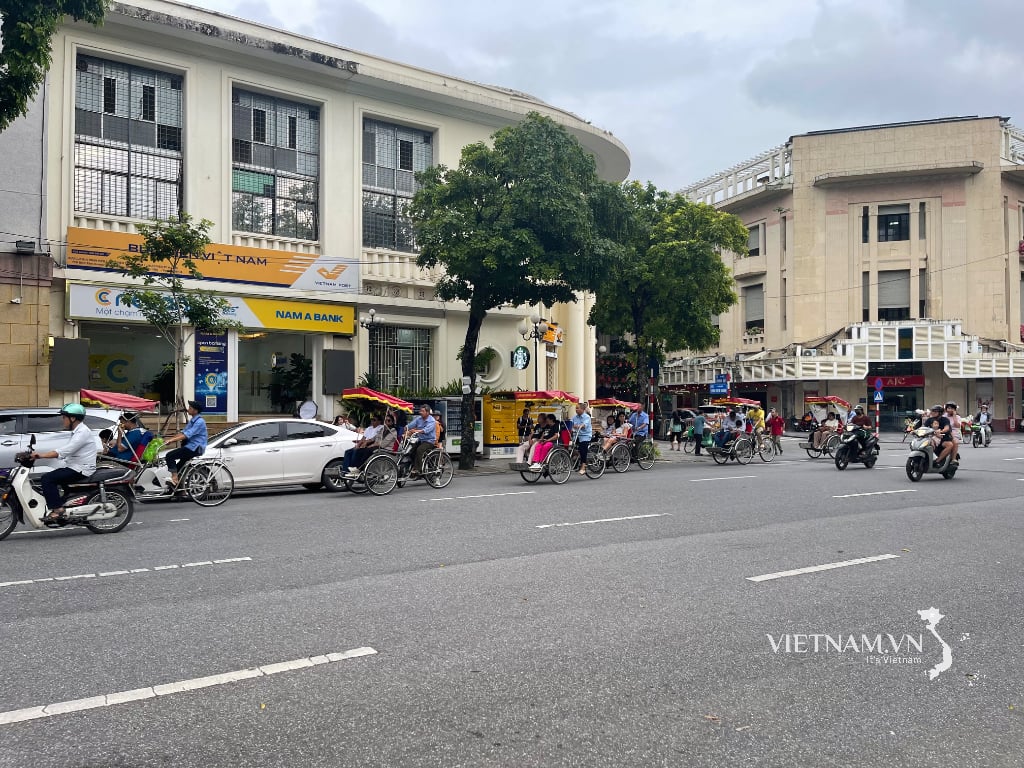

Comment (0)